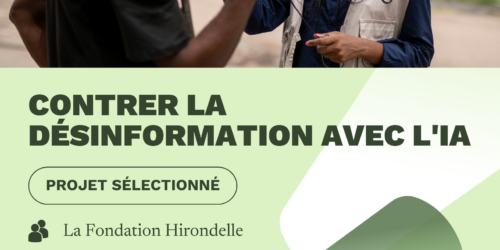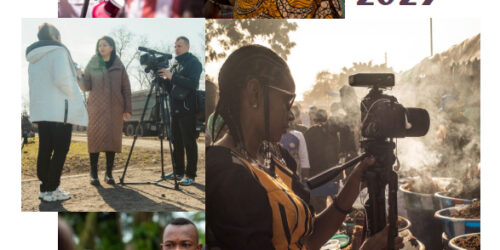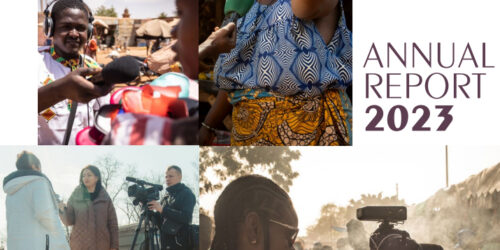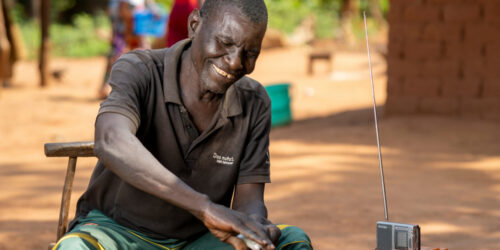Worldwide, actors in the international co-operation sector seek to better understand media landscapes in order to provide local, efficient and sustainable aid.
Fondation Hirondelle has been monitoring changing media landscapes for 30 years.
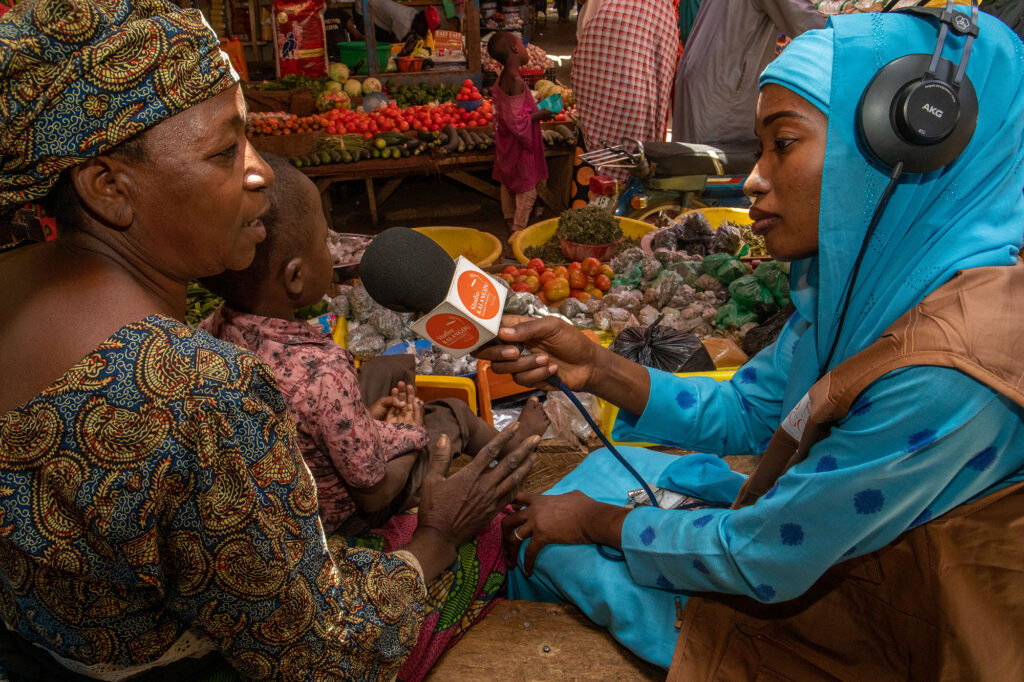
Fondation Hirondelle collects and analyses data on media and the media sector, with emphasis on the production and broadcasting of news. Maintaining the ability to produce and broadcast fact-based, impartial, independent and reliable news is a daily challenge for numerous media outlets in many countries, especially those in the most fragile regions. At the same time, in areas affected by multiple crises, we note a significant increase in the number of non-media actors producing and broadcasting content. This news, often distorted or not fact-checked, gives rise to mis- and disinformation.
There are additional factors inherent to the media sector which must be taken into account. One of the major issues is that of media ownership and governance: who owns the media? Can editors preserve their independence in relation to those who fund their operations? This issue is linked to the challenge of funding. The media’s business model is in crisis. How do media finance their operations: with subscriptions and advertising, or through a hybrid model including support and grants? Digitalisation is also a key area. The development of new multi-channel formats and their impact on how information is produced and how audiences consume it have consequences for journalists’ work. Lastly, regarding security, we work in fragile situations where the security of people, goods and journalistic sources is at risk.

Journalism Trust Initiative
To counter the rapid spread of mis- and disinformation and the worrying decrease of public trust in traditional media, more than 150 media organisations followed the lead of Reporters Without Borders in adopting the Journalism Trust Initiative (JTI) in late 2019. This mechanism provides a normative framework and certifies media that practise professional and ethical journalism. Active in fragile situations, Fondation Hirondelle fully adheres to the values of transparency and professional editorial processes espoused by the JTI and naturally took an active role in this initiative from the outset, including in the development of the JTI standard. Studio Kalangou, Fondation Hirondelle’s Niger media outlet, achieved JTI certification in 2022.
rEfErenCe DOCUMENT
SDC Guidelines for media assistance published by Fondation Hirondelle: Guidelines

